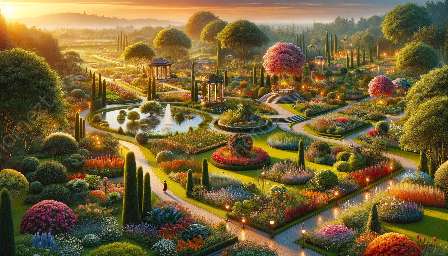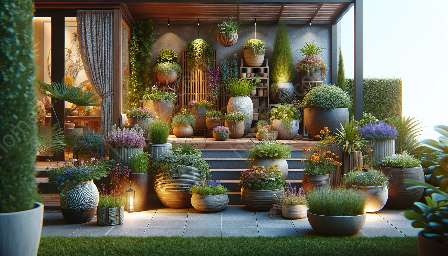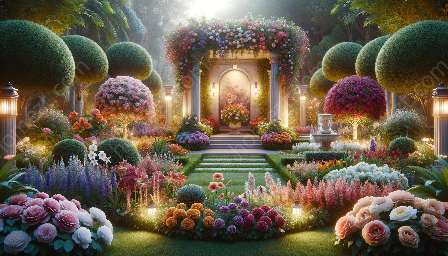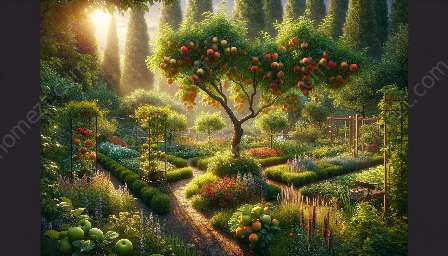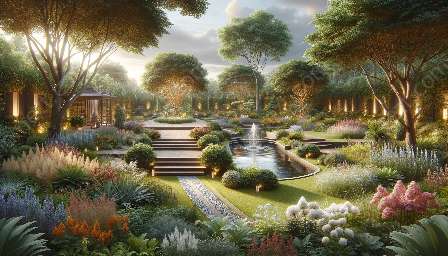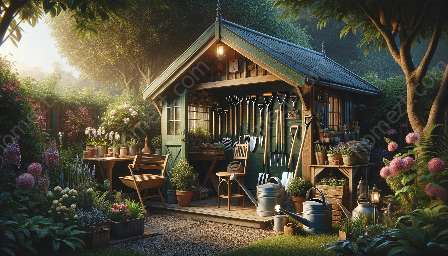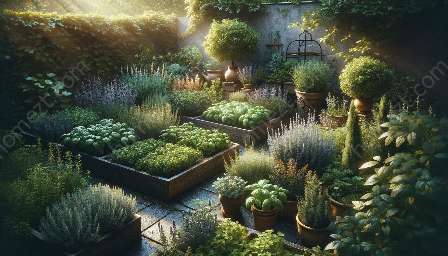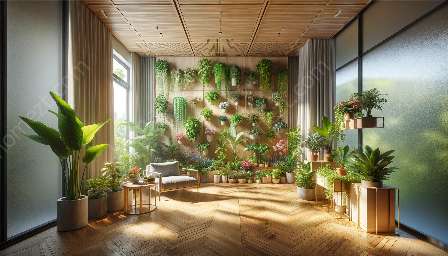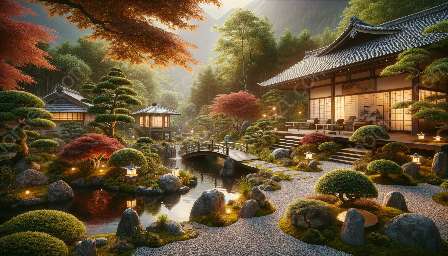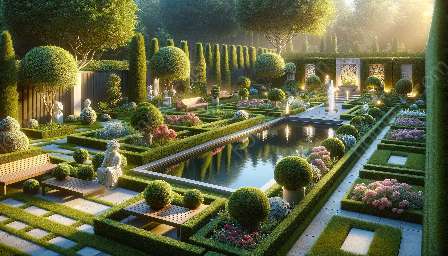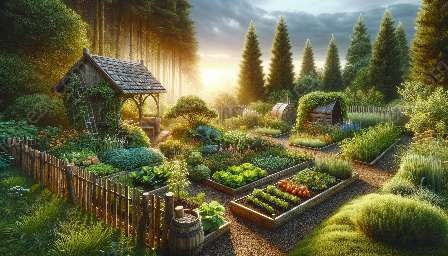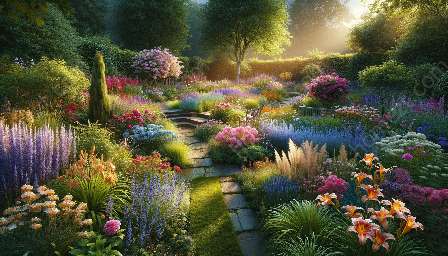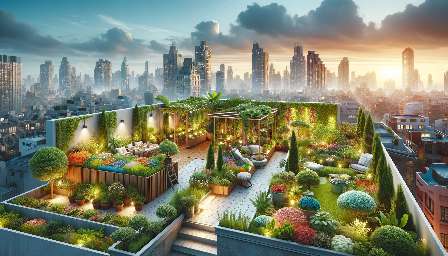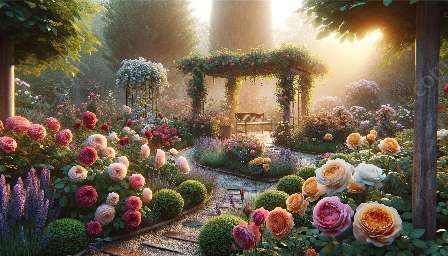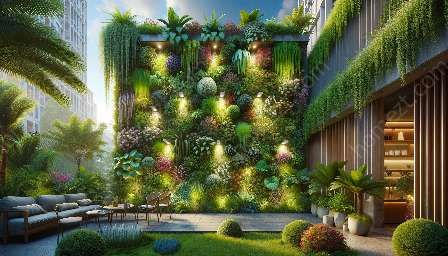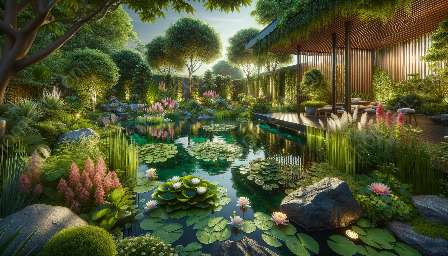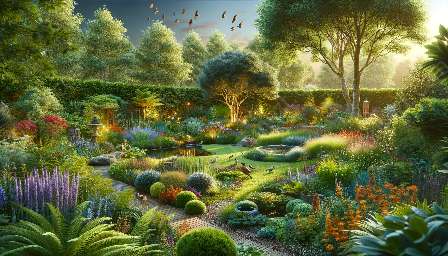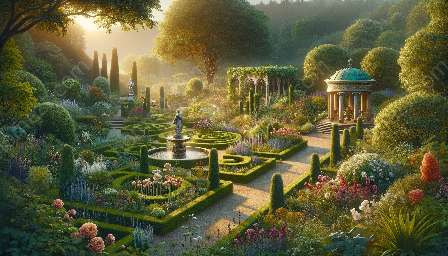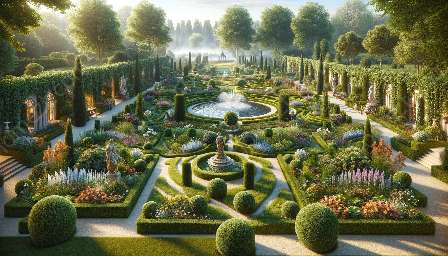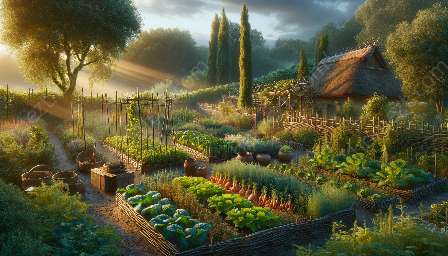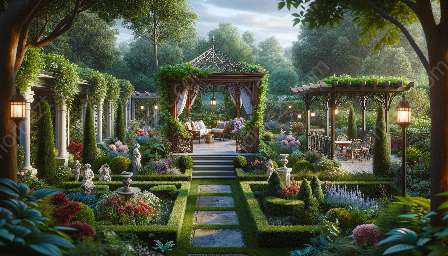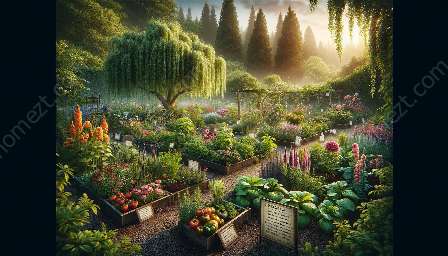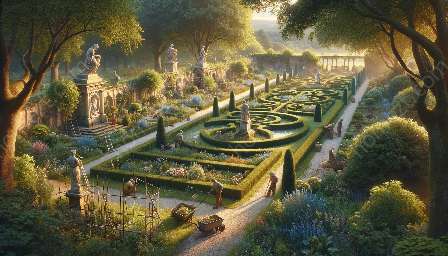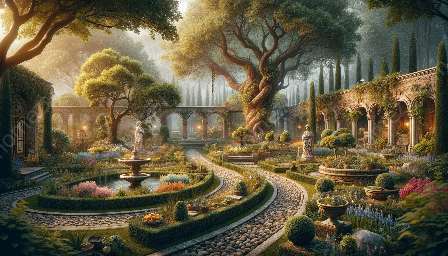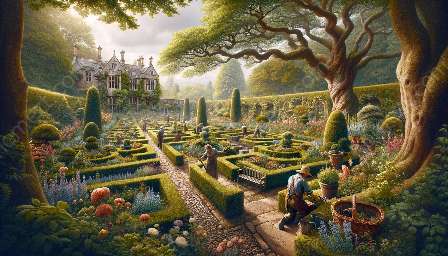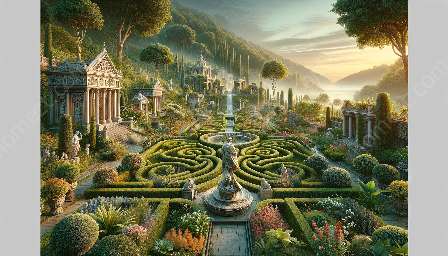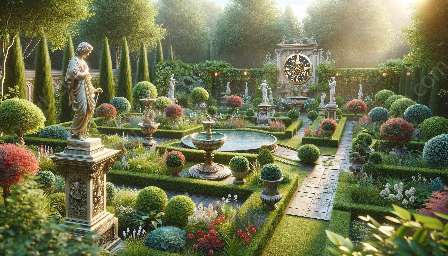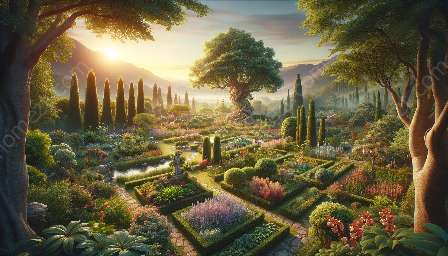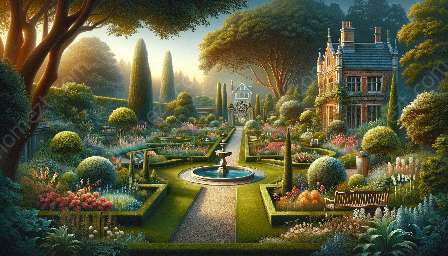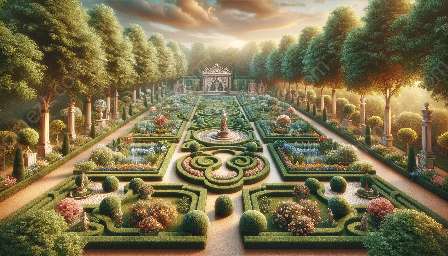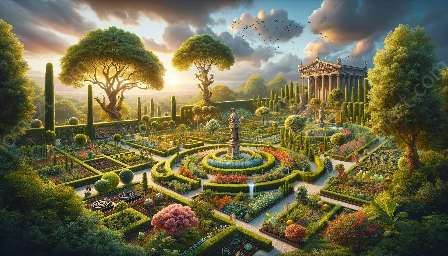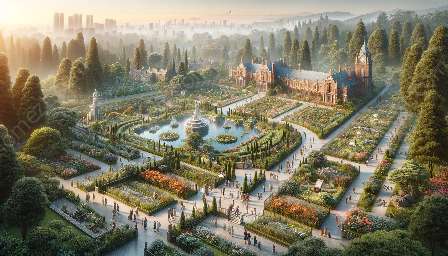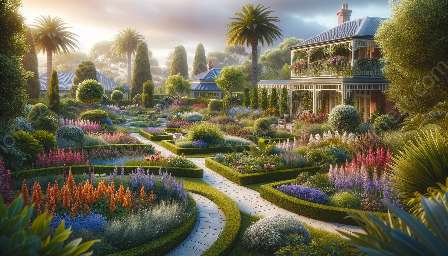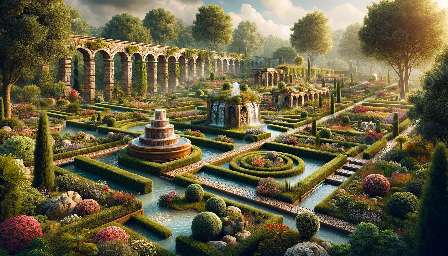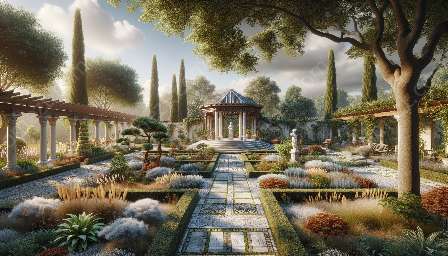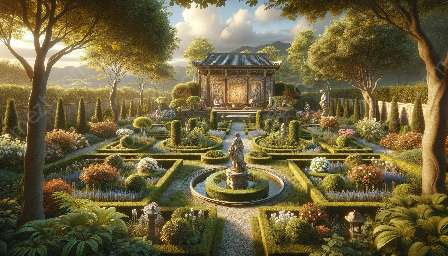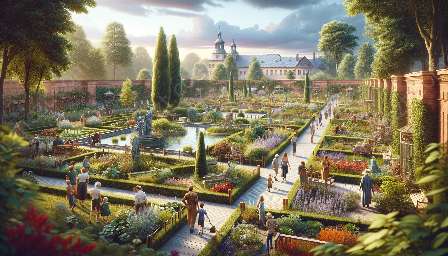Flower gardening has been a beloved pastime for centuries, combining natural beauty with human creativity. In this comprehensive guide, we will delve into the world of flower gardening, exploring its history, best practices, and its integration with heritage gardening and gardening & landscaping.
The History of Flower Gardening
Flower gardening has a rich heritage, dating back to ancient civilizations who cultivated flowers for their beauty and symbolic meanings. From the serene gardens of East Asia to the structured parterres of Renaissance Europe, flowers have played a significant role in shaping landscapes and human culture.
Connecting with Heritage Gardening
Heritage gardening is closely related to flower gardening, as it emphasizes preserving and showcasing historically significant plants and garden designs. Many heritage gardens feature a wide array of flowers that have been cherished for generations, showcasing the diversity and beauty of traditional floral displays.
Understanding Gardening & Landscaping
Flower gardening is an integral part of the broader practice of gardening & landscaping. The careful selection and arrangement of flowers can transform outdoor spaces, enhancing the aesthetic appeal and creating vibrant, inviting environments.
Essential Tips for Flower Gardening
- Choose the Right Flowers: Select flowers that are well-suited to your climate and soil conditions, considering factors such as sunlight, water, and maintenance requirements.
- Designing with Diversity: Incorporate a variety of flower types, colors, and heights to create visual interest and balance within your garden.
- Maintaining Your Garden: Regularly water, fertilize, and prune your flowers to ensure they remain healthy and vibrant throughout the growing season.
Preserving Heritage Gardens
Heritage gardens often focus on preserving historical plant varieties and traditional gardening techniques. By participating in heritage gardening, enthusiasts contribute to the conservation of heirloom flowers and the perpetuation of gardening traditions that have stood the test of time.
Harmonizing with Gardening & Landscaping
Integrating flower gardening into broader landscaping schemes allows for the creation of harmonious outdoor spaces. By considering the overall landscape, gardeners can ensure that their floral displays complement the surrounding environment, creating a cohesive and visually appealing setting.
Conclusion
Flower gardening represents a timeless and expressive pursuit, with deep connections to heritage gardening and gardening & landscaping. By understanding its historical significance, embracing best practices, and appreciating its relationship to broader gardening principles, enthusiasts can cultivate vibrant, meaningful outdoor spaces that reflect the beauty and diversity of the natural world.

